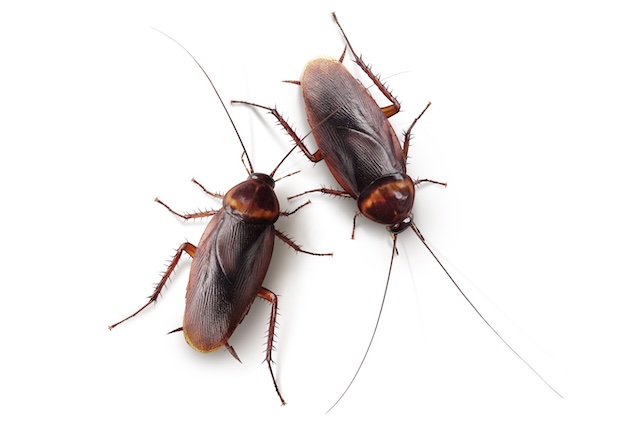The German cockroach is known as one of the hardest pests to get rid of because it is tough and can adapt to different environments. It is important to understand how German cockroaches act in order to come up with successful control methods that go beyond just getting rid of them and include long-term prevention.
1. German cockroaches are mostly active at night. They like to stay hidden during the day and come out to look for food at night. Because of this, they are hard to catch because outbreaks are often not noticed until they get bad.
2. Quick and Flexible Reproduction: One of the scariest things about German cockroaches is how quickly they have babies. In a year, a single female can have several generations, and the eggs hatch pretty quickly. Because they can reproduce so quickly, action needs to be taken right away when an outbreak is found.
3. Likes Warmth and Wet Conditions: German cockroaches like places that are warm and damp. Kitchens and bathrooms are often the best places for them to live. Getting rid of moisture problems, fixing leaks, and keeping the place well-ventilated can keep these pests away.
4. A Variety of Foods: German cockroaches are opportunistic eaters and can eat a lot of different things. Not only do they eat people, but they also eat paper, glue, and even soap. Because they are so flexible, they are a common home pest that can do well in a number of places.
5. Thigmotaxis: This is a behaviour in which roaches look for places that are small and closed off. To effectively control this behaviour, you must first understand it. Because cockroaches like to stay close to vertical surfaces and cracks, it’s best to treat them specifically in these places.
6. Resistant to insecticides: German cockroaches have become resistant to many common insecticides over time. This makes integrated pest management (IPM) strategies, which use a number of different ways to get rid of pests, better at controlling infestations.
7. Good Communication: German cockroaches use chemical messages called pheromones to talk to each other. They use these messages to decide whether to mate and when to eat. Strategies for controlling pests that mess up these ways of talking can work to lower their numbers.
8. They can quickly adjust to changes in their surroundings, which is called adaptive behaviour. This ability to change helps them stay alive in a wide range of situations but also makes them harder to control. There needs to be a multifaceted method that includes sanitation, keeping people out, and targeted treatments.
9. Pathogen Carriers: German cockroaches are not only a bother, but they may also carry a number of diseases. They can spread germs to food and surfaces, which is bad for people’s health. For management to work, you need to do more than just get rid of the pests. You also need to deal with the health risks they might pose.
10. Strategic tracking: Because German cockroaches are so hard to find, strategic tracking is very important for finding them early. This means setting traps, checking popular places for roaches to hide, and checking often for signs of activity.
11. expert Help: Because German cockroaches’ behaviour is so complicated and because many do-it-yourself treatments don’t work on them, you should usually get expert help with pest control. Professional pest control services can do a full check, figure out how bad the infestation is, and then use targeted methods to get rid of them.
In The German Cockroach Chronicles, understanding how they act is the key to controlling them. To make a complete and effective plan for getting rid of pests, you need to know about their sleeping habits, ability to reproduce, preferred environments, and how they change to new situations. Taking a whole-person method that takes these behavioural differences into account is the only way to get rid of existing infestations and keep them from coming back.
